If you visited the British Museum’s new exhibition China’s Hidden Century a fortnight ago, you’d have seen a substantial section on the revolutionary woman poet Qiu Jin, with substantial extracts from her poems in Chinese and English displayed in a giant projection. What you might not have noticed was that the translator was not credited anywhere in the physical exhibition. But Yilin Wang, whose translations of those poems appeared in the exhibition, did.
Indeed, Ms Wang, who has won awards for her poetry and has an extensive record as a translator, was more dismayed than that. Not only was she not credited: she hadn’t even been consulted by the British Museum about their use of her work. She was rightly angry.
Social media howl-rounds can move organisations to action, but they tend to have their own momentum
Not for nothing is #namethetranslator a popular hashtag on social media. Translators often go uncredited in book reviews and even on book covers. Their work is often undervalued, and it is sometimes ignorantly imagined that a literary translation is not a creative work in its own right.
It’s a major oversight that an exhibition of this kind could use a translator’s copyrighted work without approaching them for permission. Translations of Chinese poetry do not sprout spontaneously from the ground, like dandelions, to be picked ad lib by passers-by. So it is hard to understand how, unless mounting the physical exhibition was left in charge of a teenager on work experience, Ms Wang’s translations can have been acquired and exhibited without it crossing a single person’s mind that they were a professional writer’s copyright material.
The British Museum has blamed ‘human error’ and claimed, slightly bromidically, that ‘every effort’ was made to secure proper permissions. We know, though, that they knew the translation was Ms Wang’s because credit is given for her translations in the exhibition catalogue. We also know she’s not all that hard to ‘reach out to’ because her personal website is the second hit for her name in Google. So this was a serious goof – as the people I’ve spoken to at the British Museum have been happy to admit.
What followed, though, has made it all so much worse. Ms Wang initially raised her complaint on Twitter two Sundays ago. Since the British Museum (BM) has form, as some will see it, with nicking stuff from foreigners and putting it on display, online anger was not slow to grow. I can imagine whoever logged into the British Museum’s social media account first thing that Monday morning will have immediately felt their hair spontaneously burst into flames.
As far as I can piece it together, the BM emailed Ms Wang that same Monday apologising, asking her to sign a retrospective permission slip and offering to pay and credit her for her work. She did not reply to this email that day. She points out that there is an eight-hour time difference between her home in Vancouver and the UK, and says that at the time she was consulting the Society of Authors about her position.
The following day, the BM unilaterally took down the whole section of the exhibition involving her translation, and the day after that they issued a statement saying that they had done so in accordance with Ms Wang’s wishes. This she disputes, saying she thinks that they ‘deliberately misrepresented what has happened by telling journalists that I demanded that my work be removed from the exhibit’. The BM sees its haste in taking down the translations as a courtesy; Ms Wang sees it as the exact opposite.
The BM’s position is that, absent any direct communication, they acted on a tweet in which she said: ‘I am demanding all my translations to be removed from the China’s Hidden Century exhibit and all materials pertaining to the exhibit (including the exhibition books, all video/photo/display materials, all signage, all digital or print materials such as brochures, and anywhere else where translations have appeared), unless the museum makes a proper offer to compensate me and the compensation is given immediately.’
Into that ‘unless’, I imagine, a world of legal argument could be poured. And, heaven help us, it yet may be. Ms Wang has started a legal crowdfunder seeking £15,000 to sue the British Museum for copyright infringement and at the time of writing is already a third of the way there. The decision to remove the section of the exhibition is now being cast as the ‘erasure’ of two women writers of colour, so accusations of racism and colonialism have entered what began as a dispute over copyright and it has taken on a culture war viciousness.
Me, I’m the Panglossian sort always prepared to see, in the first instance, a cock-up rather than a racist/colonialist conspiracy. I find it truly hard to imagine that anyone at the BM really did think, great, we can save a few hundred quid by stealing this person’s translations: nobody will notice and if they do, to hell with them. In the clumsiness of their subsequent moves – above all taking the exhibit down before they’d had a conversation with the translator, saying it did so at Ms Wang’s request, and then (as she claims) flatly refusing to put it back up again – I see not a calculated slight or erasure so much as a large organisation in a blind panic at finding itself the object of a Twitterstorm that touched painfully on its tenderest reputational sore points. I’m imagining a bull trapped in a china shop with a swarm of angry bees.
The result? Nobody is happy. The translator feels the museum has been condescending, that it insulted her in its initial approach by ’emphasising how other contributors let them use their work for free or at a low cost’, and that the current situation is ‘the worst possible outcome’.
When I contacted Ms Wang she told me that ‘what frustrates me the most is I have no say […] If it’s truly an accident and they want to take things to redress, they should be asking me what I wish that they do to fix the situation and respect my very reasonable wishes’. It would be nice to imagine that such an accommodation could still be made, though legally I suspect she’s on stronger ground insisting the exhibition be taken down than insisting it be reinstated.
Meanwhile, the curators of the exhibition have been and continue to be abused and insulted online, the British Museum’s reputation is being dragged though the stinky stuff, and its many visitors are deprived of the chance of learning about Qiu Jin’s life and poetry and of reading Ms Wang’s learned and artful translations.
What are the conclusions to be drawn from this ugly affair? The first thing is that, yes, it really is a moral obligation to #namethetranslator. The second is that social media howl-rounds can undoubtedly move organisations to action – but that they tend to have their own momentum and may not be the best and calmest spaces in which to litigate such a dispute.
Would the BM have acted less hastily had they not been in the middle of a Twitterstorm? Would Ms Wang – the initial offence admitted – have been more likely to have been given satisfaction had the whole conversation been conducted through the usual channels? I can’t pretend to know the answer to either of these questions, but it’s hard to see at this stage how it could conceivably have gone worse.
Got something to add? Join the discussion and comment below.
Get 10 issues for just $10
Subscribe to The Spectator Australia today for the next 10 magazine issues, plus full online access, for just $10.


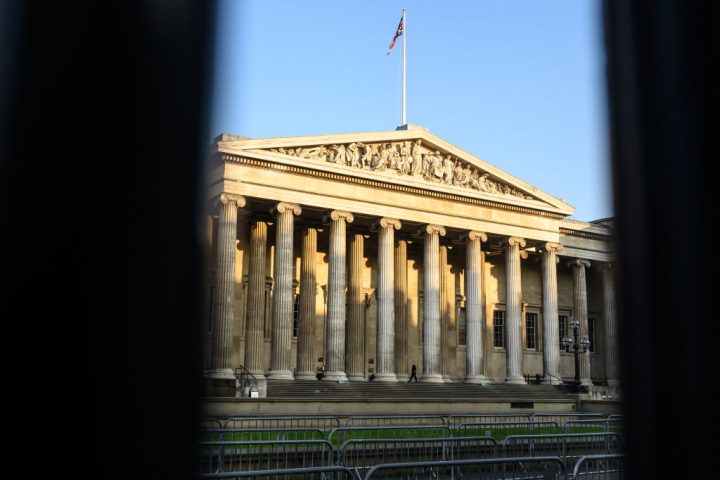


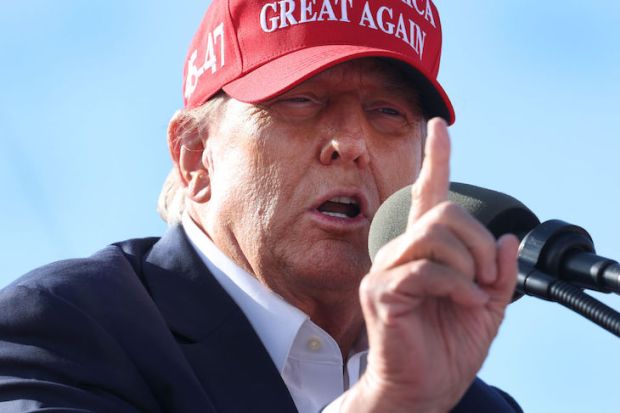
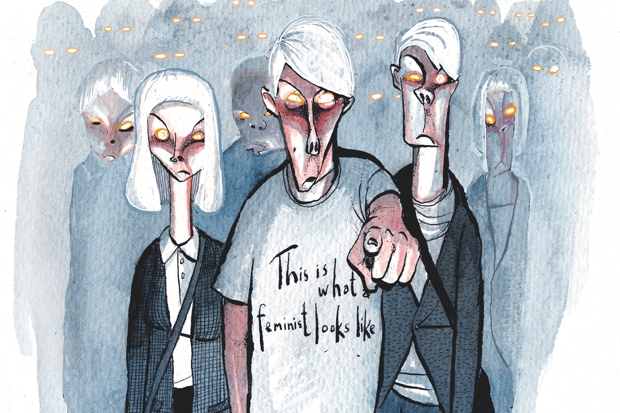
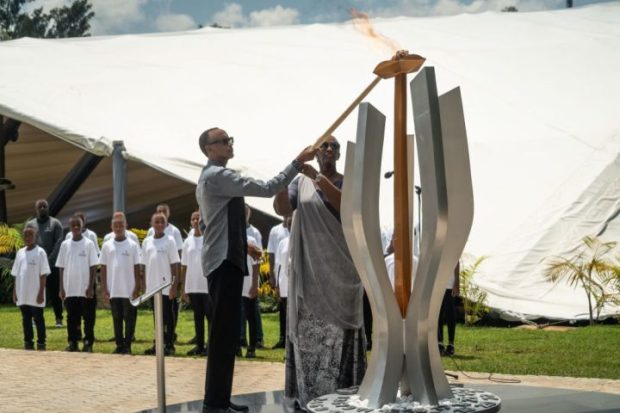
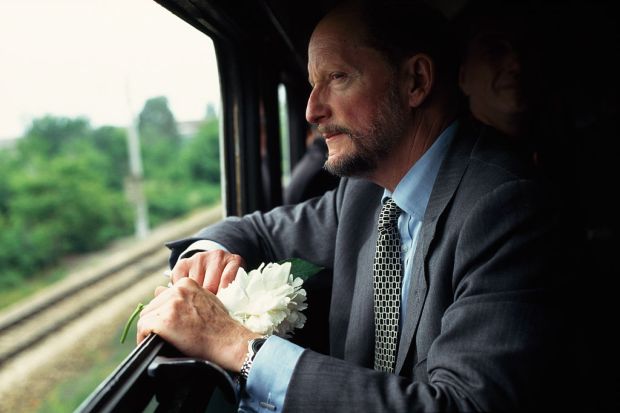












Comments
Don't miss out
Join the conversation with other Spectator Australia readers. Subscribe to leave a comment.
SUBSCRIBEAlready a subscriber? Log in